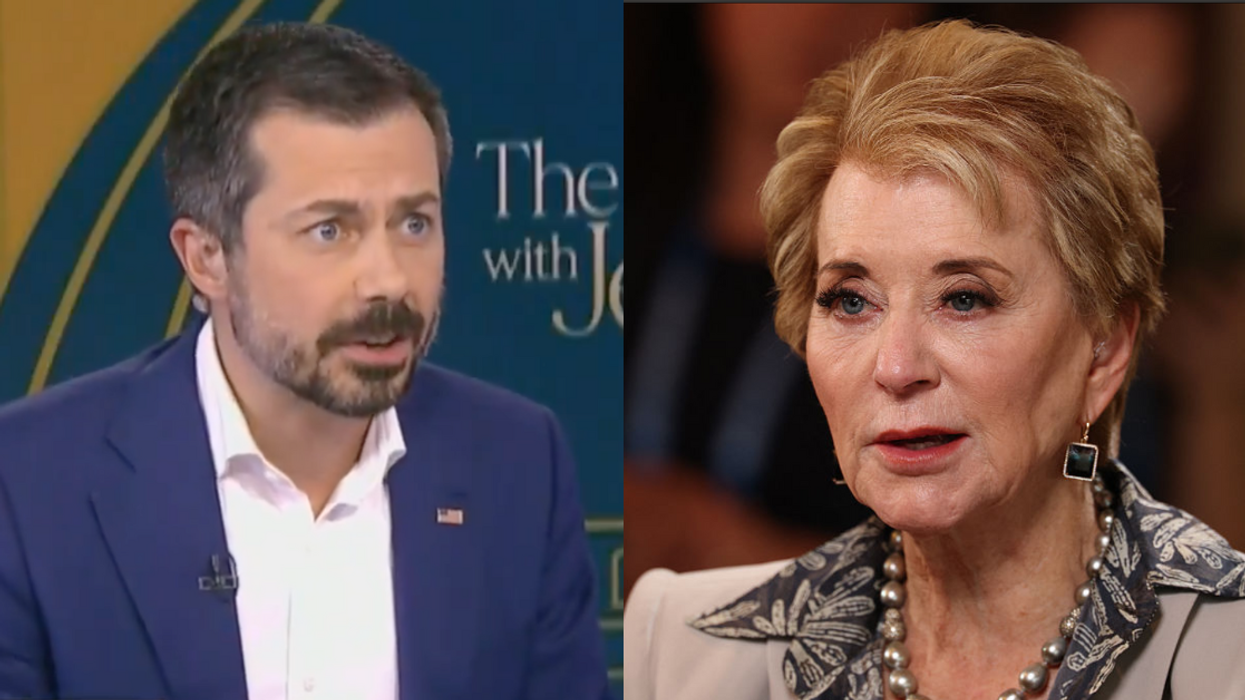The Muskego-Norway School Board, which serves the Waukesha County district in Wisconsin, has generated controversy after its educational services committee declined to approve a book about Japanese-American incarceration during World War II for a sophomore English literature class.
The book in question, When the Emperor Was Divine, by Julie Otsuka, was published in 2002 and is about a Japanese-American family sent to an internment camp in the Utah desert during World War II. It is loosely based on the wartime experiences of Otsuka's mother's family and was met with generally positive reviews upon its release.
The board said that any lesson about Japanese-American internment would require "balance" with a perspective from the United States government.
According to parents who've criticized the decision, board members did not record the minutes for a recent meeting and reportedly edited video of a different board meeting. Additionally, board members reportedly said that a book cannot be chosen for the sake of adding diversity to the school curriculum.
Ann Zielke, a parent who kept detailed records of her interactions with board members, which include school board Vice President Terri Boyer, Treasurer Tracy Blair and member Laurie Kontney, said that she was told that including Otsuka's book alongside the critically acclaimed Farewell to Manzanar, which recounts the experiences of author Jeanne Wakatsuki and her family before, during, and following their relocation to the Manzanar internment camp, would create an “unbalanced” account of history.
Zielke described her interactions with Boyer as contentious:
"What she said to me was that we actually need an ‘American’ perspective ... She clarified and said that she felt that we needed the perspective of the American government and why Japanese internment happened."
"And so then again, we had raised voices at this point. I told her specifically, I said, ‘The other side is racism.’"
Japanese internment camps were established during World War II by President Franklin Roosevelt through his Executive Order 9066 in response to Imperial Japan's attack on Pearl Harbor on December 7, 1941.
the United States forcibly relocated and incarcerated about 120,000 people of Japanese ancestry, most of whom lived on the Pacific Coast, in concentration camps in the western interior of the country. More than 112,000 Japanese-Americans who were living on the West Coast were interned in camps.
The internment is now widely accepted as a racist action on the part of the United States government, though at the time it was characterized as a justifiable action in light of perceived security risks. In its 1944 decision Korematsu v. United States, the Supreme Court upheld the constitutionality of the removals under the Due Process Clause of the Fifth Amendment to the United States Constitution.
The United States has since disbursed more than $1 billion in reparations to thousands of Japanese-Americans who had been interred, though these efforts have still been criticized for falling short of the true cost of the financial devastation the government wreaked on innocent people.
The school board's actions have been harshly criticized online.
\u201cIn keeping up with the current Nazi spirit, a Wisconsin school district banned, "When The Emperor Was Divine", a book written by Julie Otsuka about Japanese Internment Camps.\nThis should be a crime. Children have the right to learn the truth.\u201d— Brown Eyed Susan\ud83c\uddfa\ud83c\udde6 (@Brown Eyed Susan\ud83c\uddfa\ud83c\udde6) 1656266257
\u201cRepublicans want to erase the shame of white supremacism. Don\u2019t let them.\u201d— The Masked Blue Texan \ud83c\uddfa\ud83c\udde6\ud83c\udff3\ufe0f\u200d\ud83c\udf08\ud83c\udff3\ufe0f\u200d\u26a7\ufe0f (@The Masked Blue Texan \ud83c\uddfa\ud83c\udde6\ud83c\udff3\ufe0f\u200d\ud83c\udf08\ud83c\udff3\ufe0f\u200d\u26a7\ufe0f) 1656330139
\u201cA Wisconsin school district removes Julie Otsuka's magnificent WHEN THE EMPEROR WAS DIVINE b/c its presentation of WWII Japanese American incarceration, from a prisoner's perspective, lacks "#balance." \n\nLet us ask: what exactly would this "balance" be?\n\nhttps://t.co/ZbfhNVAhEi\u201d— Eric Muller (@Eric Muller) 1655993370
\u201cWisconsin school board members dismissed a book on Japanese American incarceration as being \u2018unbalanced\u2019. Hundreds have signed a petition demanding the committee reconsider Julie Otsuka\u2019s book \u2014 \u201cWhen the Emperor Was Divine\u201d. https://t.co/1ix0IqE4IX\u201d— KarinKB (@KarinKB) 1656636305
\u201cIn a truly democratic country, where reason and goodwill prevailed, it would be a crime.\u201d— Groomer Boomer Woke as Fook (@Groomer Boomer Woke as Fook) 1656275065
\u201cOnly Fascists ban books. #Republicans\u201d— Donate and Vote (@Donate and Vote) 1656286419
\u201cWisconsin's @MuskegoNorwaySc is rejecting #JulieOtsuka's award-winning "When the Emperor Was Divine," a novel about the Japanese internment, because it's "too sad." Just think what it was like to be in a Japanese internment camp. #StopBanningBooks https://t.co/sDy1MKFG8H\u201d— Jonathan Shipley (@Jonathan Shipley) 1655995715
\u201cJust heard through the grapevine in Wisconsin that the book, When the Emperor Was Divine (about Japanese internment camps during WWII), was banned by the Muskego-Norway School Board. What kind of world are we living in? @js_politics @nytimes #bannedbooks\u201d— John Rudolph (@John Rudolph) 1652828853
\u201cComing next: Losing the freedom to read what you want.\u201d— MakeTruthHappen\ud83c\uddfa\ud83c\udde6\ud83c\uddfa\ud83c\uddf8 (@MakeTruthHappen\ud83c\uddfa\ud83c\udde6\ud83c\uddfa\ud83c\uddf8) 1656266687
\u201cThey are choosing to ban history and education.\n\nBuy the books. \n\nDo not let your family pay the price.\u201d— June Doe (@June Doe) 1656266613
A pushback against literature deemed subversive has dominated the culture wars as of late, becoming a flashpoint among the far-right amid a campaign by Republicans to energize conservative voters, particularly in school board elections.
False claims schools have been teaching critical race theory to young children have also inflamed hostilities among the right-wing, particularly since the publication of The 1619 Project, which repositions the consequences and legacy of slavery as elements vital to the historical narrative.
Critical race theory is a body of legal and academic scholarship that aims to examine how racism and disparate racial outcomes have shaped public policy via often implicit social and institutional dynamics.
Although critical race theory is just one branch of an incredibly varied arena of academic scholarship, it has nonetheless galvanized critics and threatened to obfuscate nationwide discussions about racial reconciliation, equity, and justice.



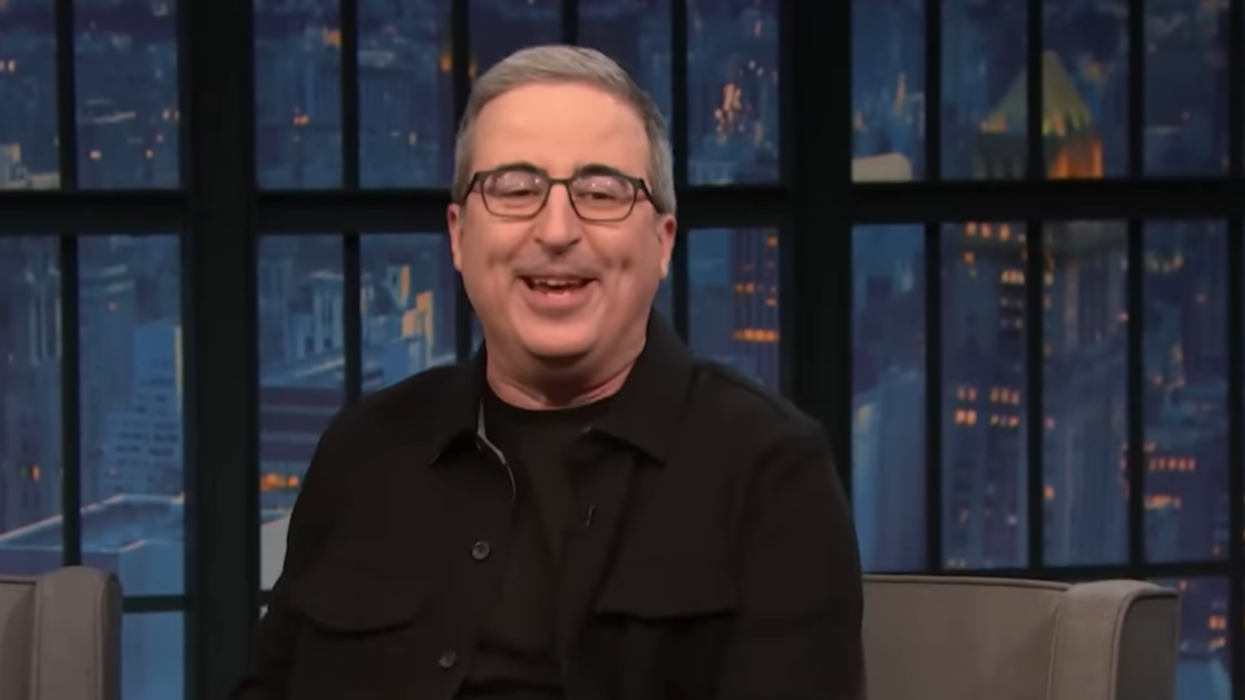
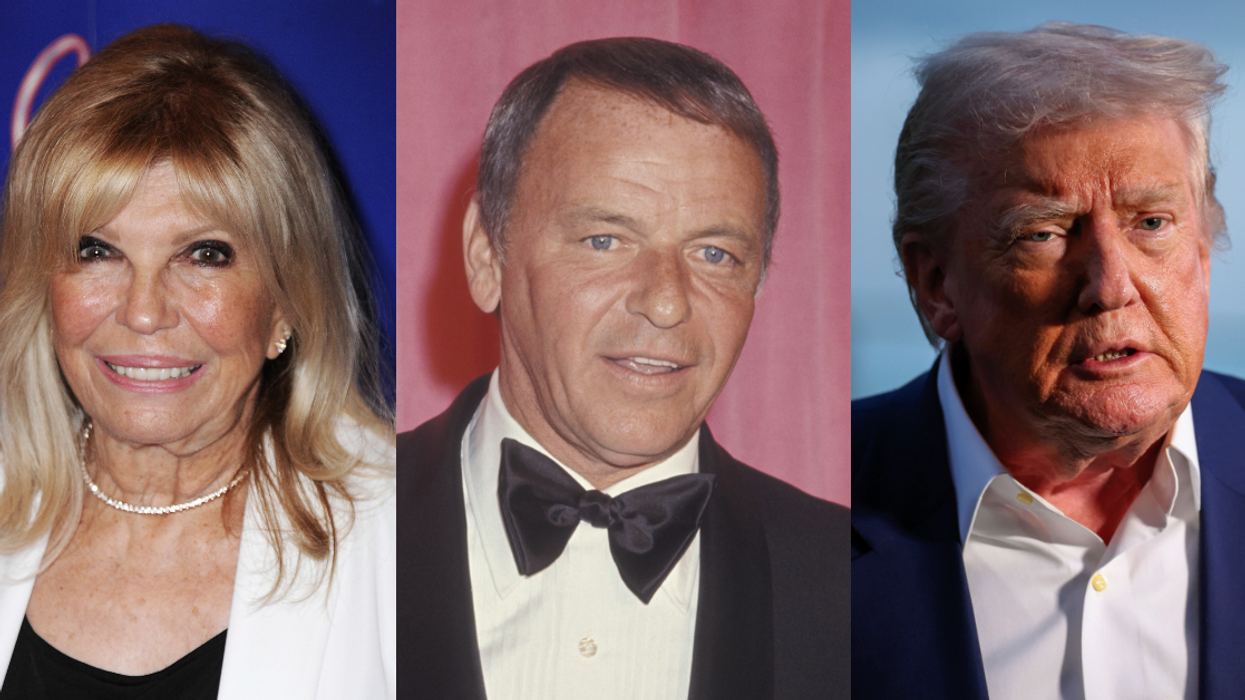
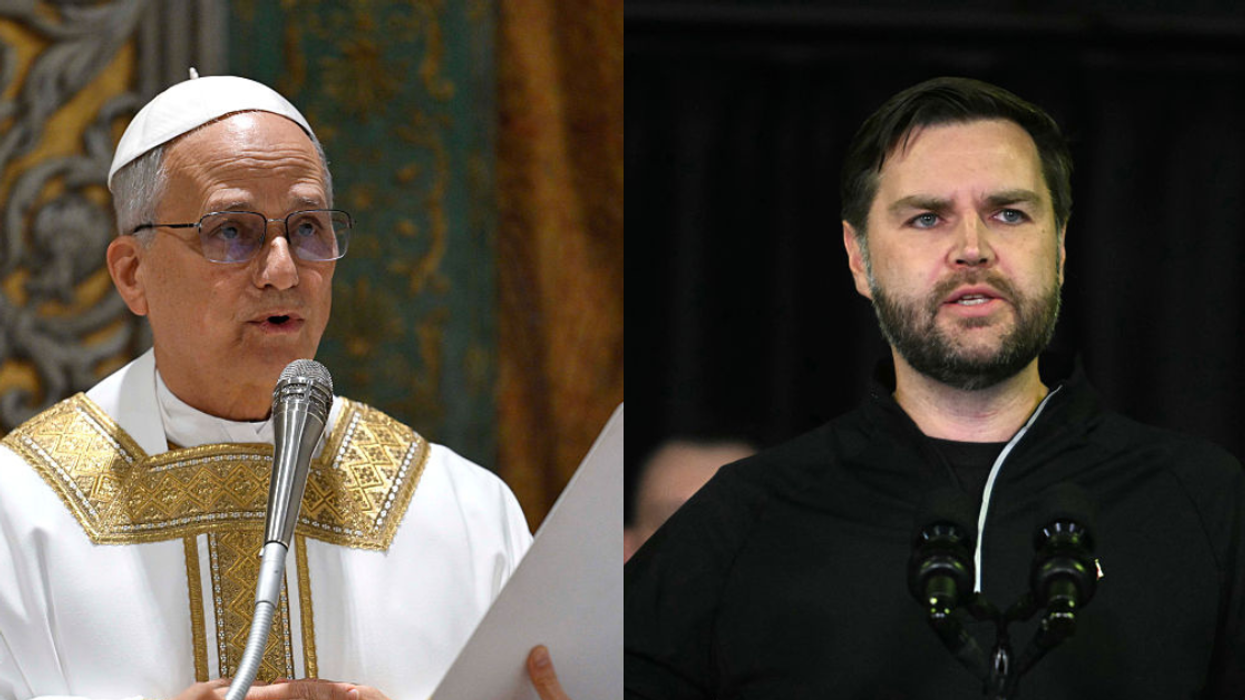
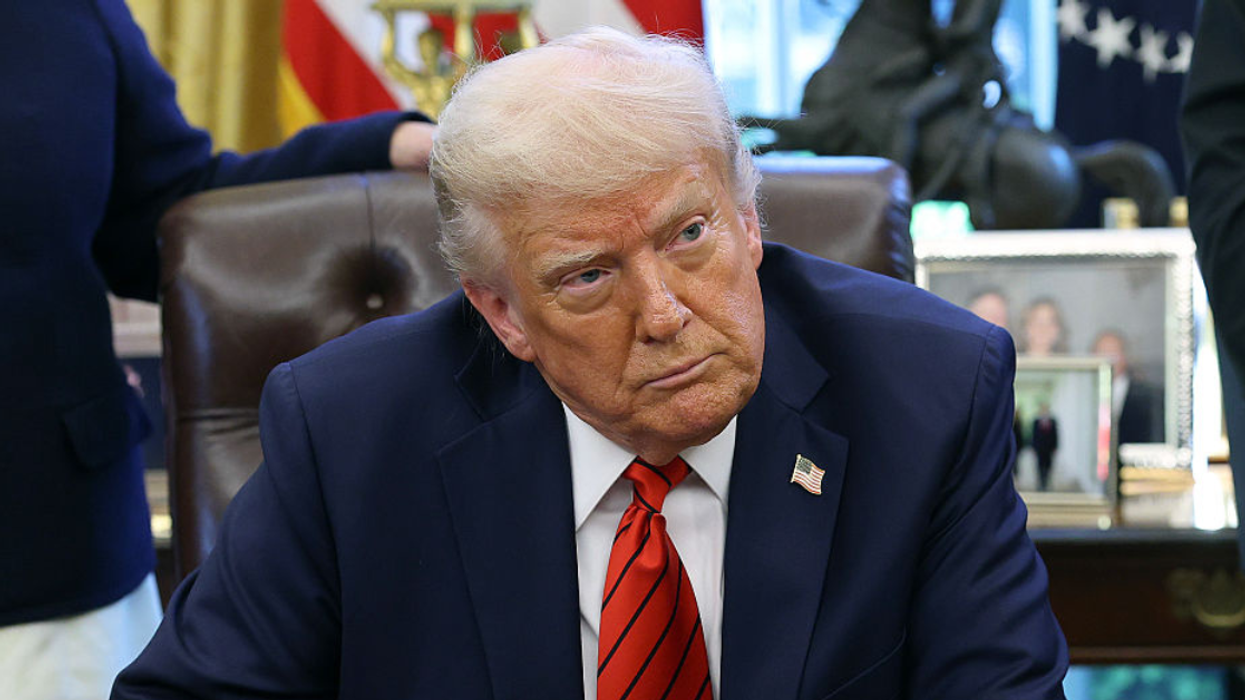
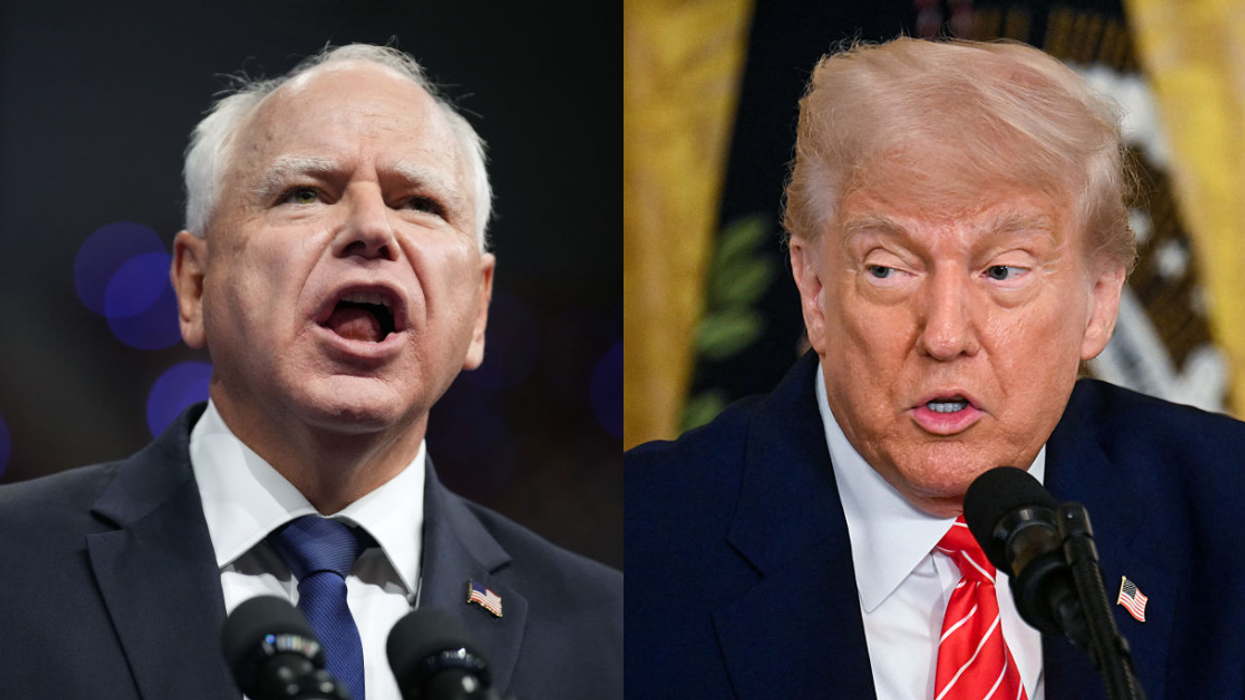
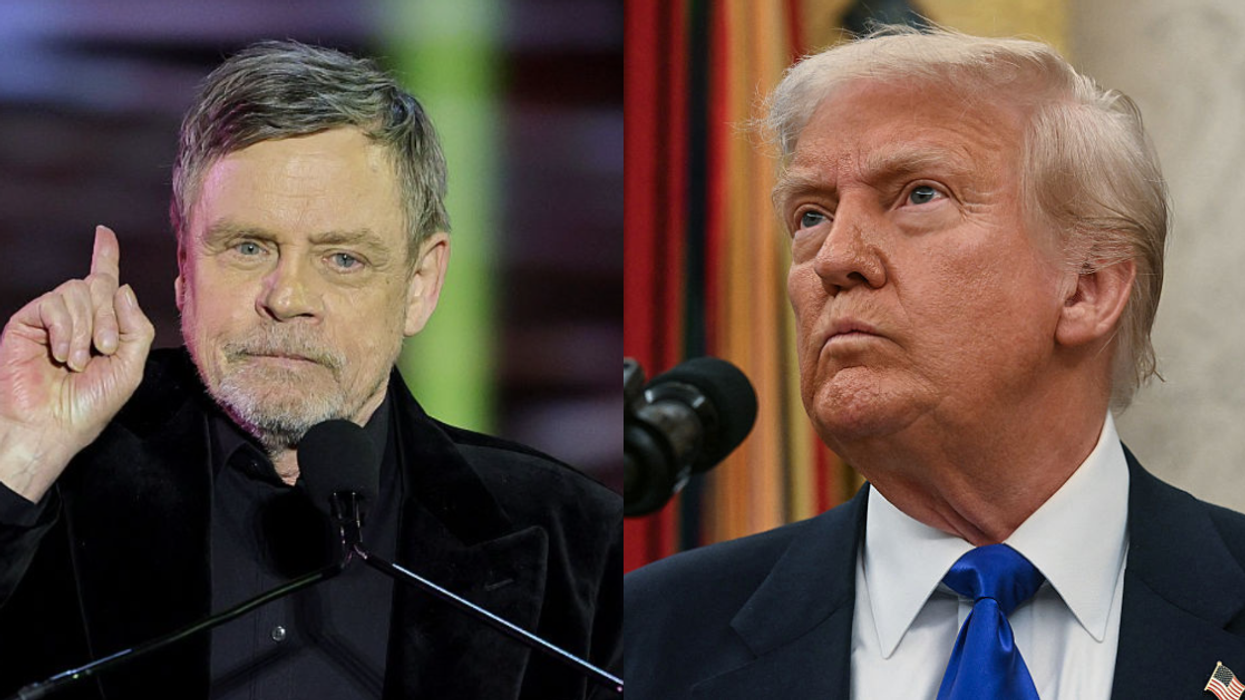
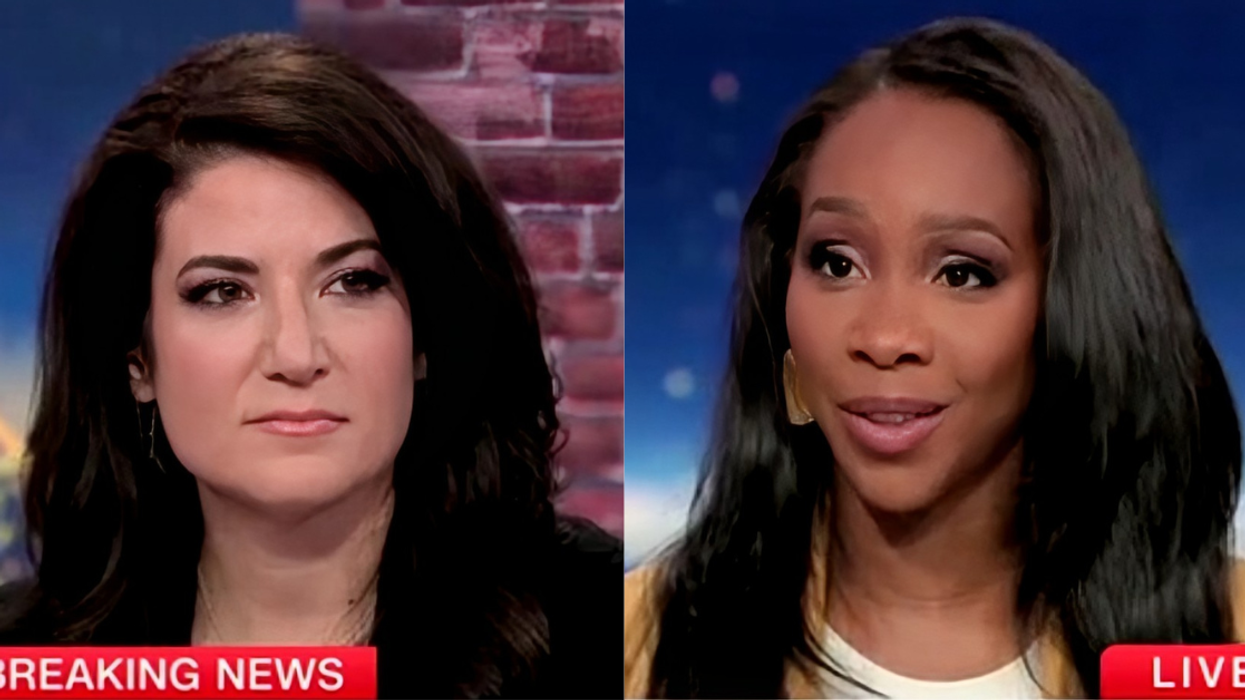
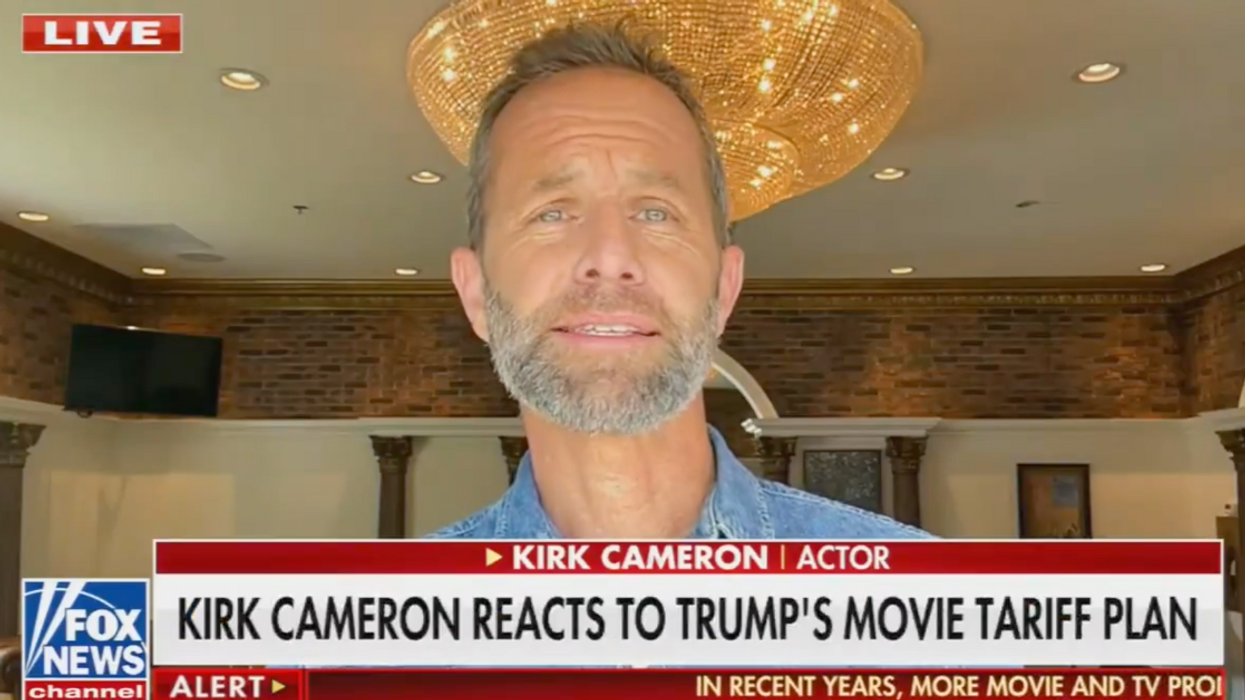

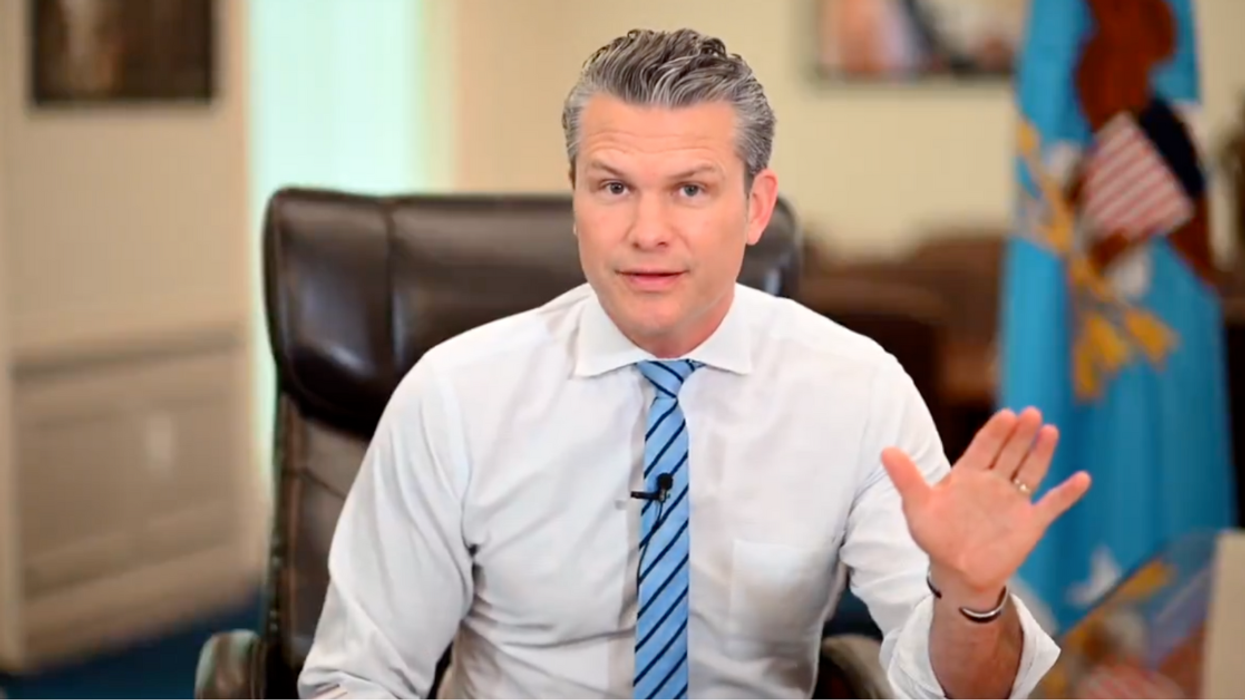
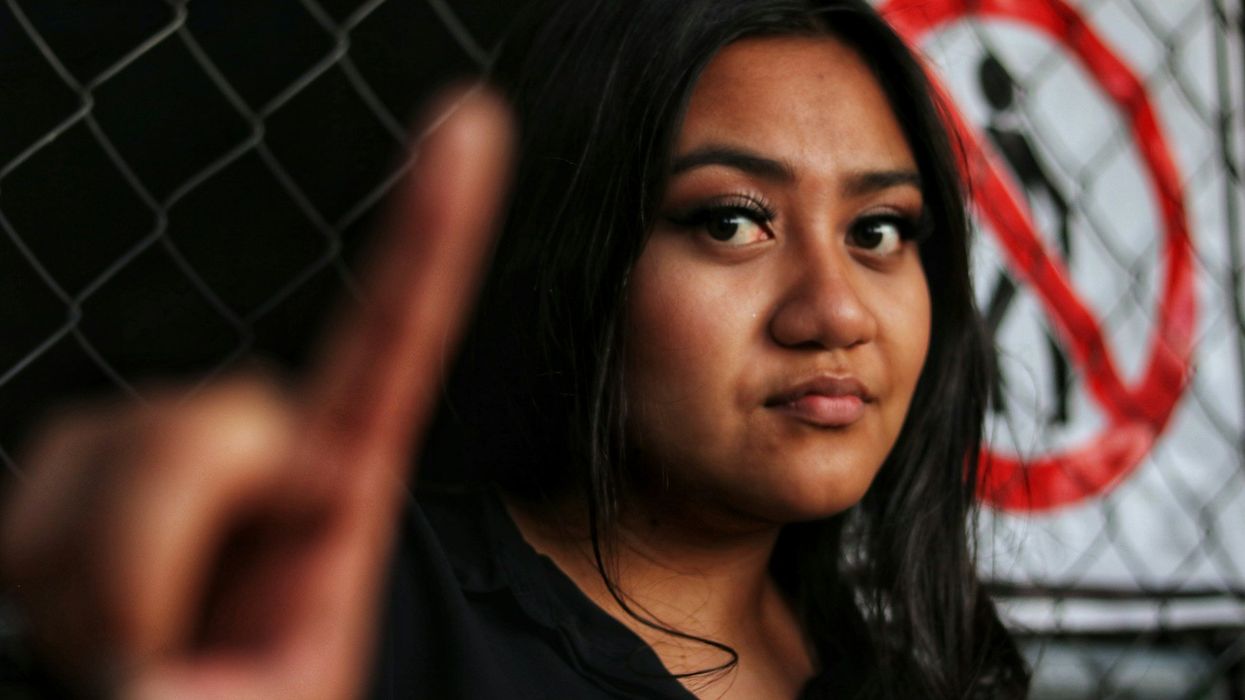
 Wedding Cake GIF by daisymlink
Wedding Cake GIF by daisymlink
 season 1 couples GIF by Portlandia
season 1 couples GIF by Portlandia
 Rainbow You Are Gay GIF
Rainbow You Are Gay GIF
 Happy To Be Here Jerry Springer GIF
Happy To Be Here Jerry Springer GIF
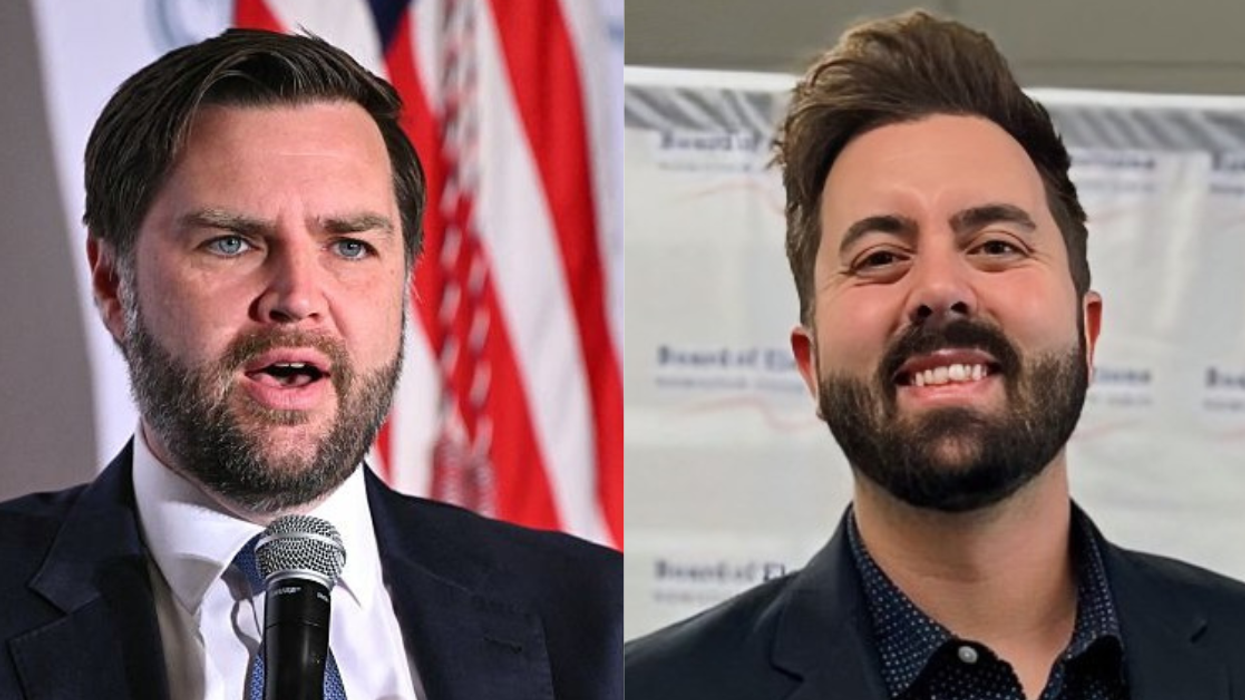


 @ellendegeneres/Instagram
@ellendegeneres/Instagram @ellendegeneres/Instagram
@ellendegeneres/Instagram @ellendegeneres/Instagram
@ellendegeneres/Instagram @ellendegeneres/Instagram
@ellendegeneres/Instagram @ellendegeneres/Instagram
@ellendegeneres/Instagram @ellendegeneres/Instagram
@ellendegeneres/Instagram @ellendegeneres/Instagram
@ellendegeneres/Instagram @ellendegeneres/Instagram
@ellendegeneres/Instagram @ellendegeneres/Instagram
@ellendegeneres/Instagram @ellendegeneres/Instagram
@ellendegeneres/Instagram